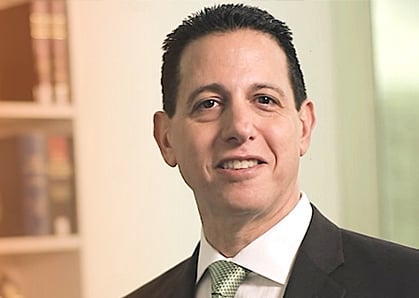State of Florida Issues Interpretation Allowing New Permit and Development Order Extensions Based on COVID-19 State of Emergency; Some Jurisdictions Granting Automatic Extension
Updated on March 23, 2020
State of Florida Issues Interpretation Allowing New Permit and Development Order Extensions
As a follow up to Bilzin Sumberg's Land Development & Government Relation's client alert on March 20th (below) regarding whether Executive Order No. 20-52 declaring a State of Emergency due to the COVID-19 pandemic could be used to extend development orders and building permits pursuant to Section 252.363, Florida Statutes, the State, through interpretation, has fixed the issue we identified and opened the door for building permits and other development approvals to be extended. On Friday, March 20, 2020, the Florida Department of Business & Professional Regulation ("DBPR") published on its website that it classified the Coronavirus Crisis as a "natural emergency", which is defined as “an emergency that is caused by natural events, including, without limitation, hurricane, storm, flood, severe wave action, drought, or earthquake”. DBPR determined that Executive Order 20-52, issued on March 9, 2020, qualifies as a “natural emergency” pursuant to Florida law. As such, this now allows for the tolling of certain permits for the duration of the emergency declaration and for up to six months in addition to the tolled period (which could be extended based on future Governor declared states of emergency). By classifying the ongoing public health crisis as a natural emergency, the State reacted quickly to pave the way to accomplish extensions of permits and development orders without the need to enact potentially time consuming additional legislation. See: http://www.myfloridalicense.com/DBPR/os/documents/BuildingPermits_BuildingInspections_Construction_FAQs.pdf.
March 20, 2020
As a follow up to Bilzin Sumberg's Land Development & Government Relation's December 2019 Update regarding extensions of development orders and permits, this is a reminder that last year the Florida Legislature amended Section 252.363, Florida Statutes, to limit the ability to extend building permits and authorizations based on certain states of emergency. Originally enacted in 2011, the tolling and extension provisions of Section 252.363 have been a helpful and effective tool in maintaining the viability of otherwise expiring permits or development orders. Until the recent amendment, permits and development orders were extended for various states of emergency, ranging from natural disasters, the Zika Virus, and the Opioid Crisis. Under the revised statute, extensions of time are only available where the state of emergency is issued for a “natural emergency”, which is defined by the statute as “an emergency that is caused by natural events, including, without limitation, hurricane, storm, flood, severe wave action, drought, or earthquake.”
Unfortunately, the current health crisis caused by the Coronavirus does not appear to fall under this definition currently. However, many may recall that in 2009, and subsequent years, the Florida Legislature, in response to the then real estate market conditions, adopted legislation providing the ability to obtain extensions of development orders and building permits. Similar relief could be adopted by the Florida Legislature in response to COVID-19. Building officials have the authority to grant or otherwise extend permits, and some jurisdictions are unilaterally taking measures. For example, Miami Beach issued a bulletin this week providing a one-month extension of permits or violations otherwise set to expire between March 16 and April 16, 2020. Building officials also have the authority to grant individual requests for extensions of permits. Hopefully, state legislation will be forthcoming to extend development orders and building permits in response to the COVID-19 state of emergency that has already caused statewide impacts and business closures. In the meantime, Bilzin Sumberg remains available to assist our clients in reviewing and evaluating ways to extend permits or otherwise preserve development rights. If you have any questions, please contact us.

